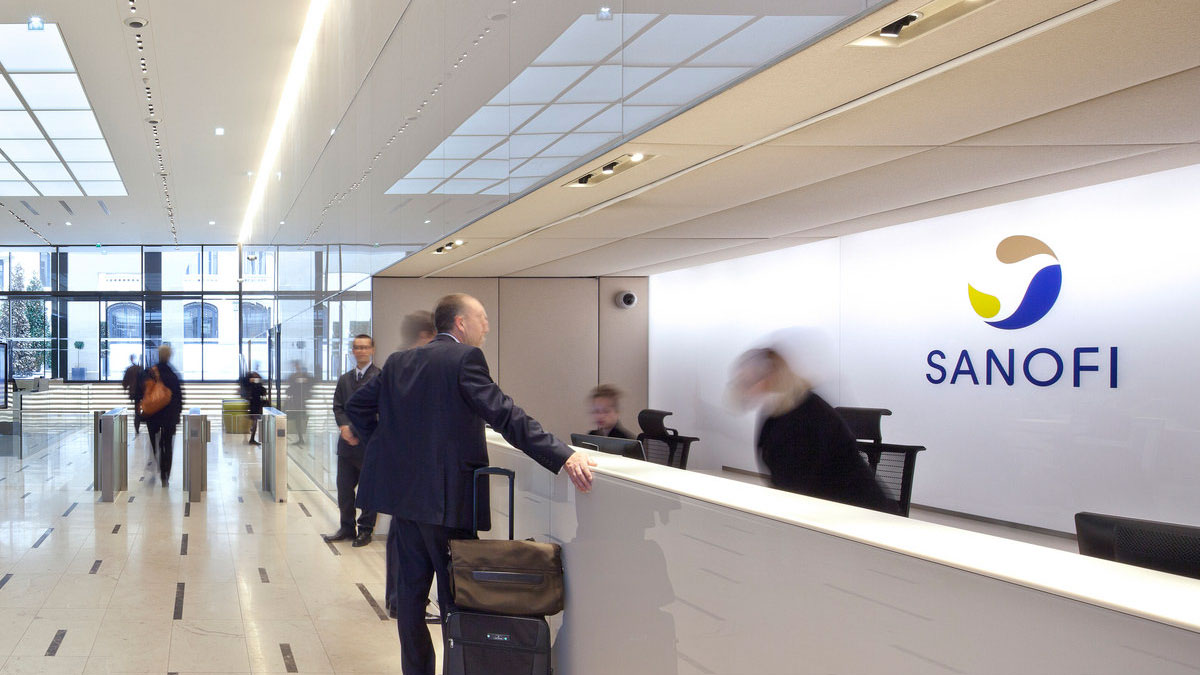Shire fined $350m for skin product bribes

Shire is to pay US authorities $350 million to settle allegations that it used bribes and unlawful methods to induce clinics and doctors to use or overuse its skin product Dermagraft.
The US Department of Justice (DoJ) said Shire and subsidiaries will pay the settlement in relation to a company it acquired in 2011, Advanced BioHealing (ABH).
The settlement resolves allegations dating back several years that sales staff for Dermagraft unlawfully induced clinics and doctors with lavish dinners, drinks, entertainment and travel, medical equipment and supplies.
Other kickbacks to induce use of Dermagraft, approved for diabetic foot ulcers, included unwarranted payments for “speaking engagements”, bogus case studies, and cash, credits and rebates.
The DoJ said that ABH, which Shire sold in 2014, violated the US Anti-Kickback Statute, the False Claims Act, the Anti-Bribery statute and Federal Acquisition Regulations.
As a result, ABH and Shire submitted hundreds of millions of dollars of false claims to federally-funded healthcare programmes for Dermagraft.
Flemming Ornskov, Shire's chief executive, decided to sell off ABH three years ago, shortly after he took over running the company.
Shire sold ABH to Organogenesis for free, recording a loss on disposal of $650 million, although it did ask for up to $300 million in milestone payments on achievement of certain sales targets.
At the time Shire retained liabilities relating to Dermagraft, including the DoJ investigation.
US Attorney Lee Bentley III, for the Middle District of Florida, said: “Flagrant and systemic kickback activity of the type at issue in this case is designed to impair and undermine a physician’s independent medical judgement, and will not be tolerated.”
Bentley's office, one of several state authorities involved in an investigation, is continuing with legal actions against individuals involved, and has obtained criminal convictions for three high-level executives who supervised the illegal kickback scheme, as well as a number of healthcare providers who received payments.
The settlement also resolved allegations that Shire and its predecessor ABH unlawfully marketed Dermagraft for uses not approved by the FDA, made false statements to inflate the price of Dermagraft, and caused improper coding, verification, or certification of Dermagraft claims and related services.
Allegations were brought in six lawsuits under whistleblower provisions of the False Claims Act, permitting private parties to sue on behalf of the government for false claims and to receive a share of any recovery. Whistleblower shares to be awarded in this case have not yet been determined.
Shire just the latest to be caught
Shire isn't alone in paying to settle such allegations - and the US authorities are confining their vigilance to its own shores.
Several pharma companies have faced steep fines, and damning headlines, to settle cases alleging they bribed doctors to prescribe their products.
Novartis last year paid the SEC $25 million to settle an investigation into similar bribery allegations in China.
In 2015, Novartis paid $390 million to settle US charges that illegal payments were made to speciality pharmacies in exchange for inducing patients to refill certain medications.
At the end of last year, Teva paid US authorities a fine of $519 million to settle bribery charges in Russia, Ukraine and Mexico.
The Israel-based company paid a criminal fine of $283 million, and forfeited profits of $236 million, to the US Securities and Exchange Commission financial regulator.












